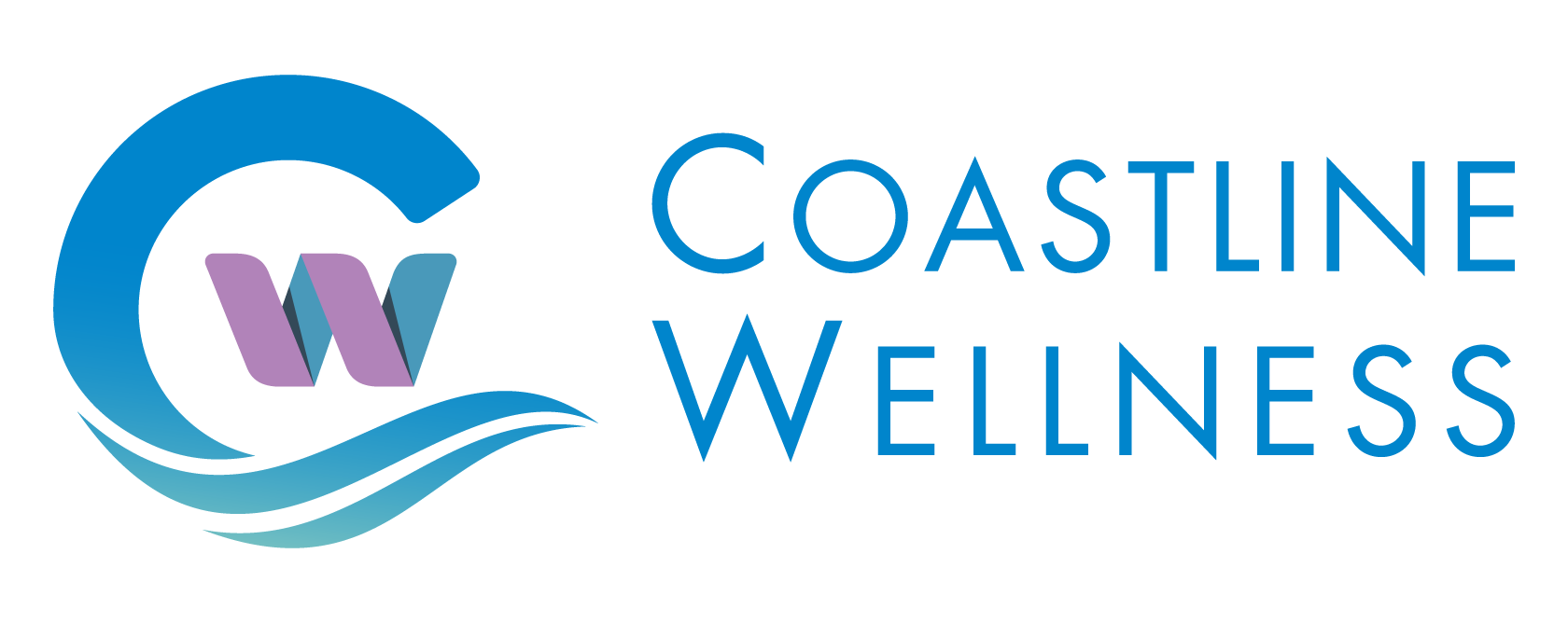Is ketamine an opioid? In recent years, ketamine has gained significant attention as a treatment for various mental health and chronic pain conditions, but there is often confusion about whether or not it is an opioid. Let’s clarify what ketamine is, how it works, and its differences from opioids.
What Is Ketamine?
Ketamine is a powerful medication initially developed as an anesthetic in the 1960s. It has since expanded into medical fields like emergency medicine, pain management, and mental health due to its unique effects on the brain. So many might naturally ask, “Is ketamine an opioid?” Well unlike traditional opioids, ketamine does not work through the body’s opioid receptors; rather, it targets a neurotransmitter called glutamate, which is crucial for mood regulation and pain perception.
How Does Ketamine Work?
Ketamine works by blocking the NMDA (N-methyl-D-aspartate) receptors in the brain, leading to increased levels of glutamate, which in turn helps improve brain plasticity. This mechanism is essential for helping the brain “rewire” itself, making ketamine particularly effective in treatment-resistant depression, PTSD, and certain chronic pain conditions.
This process is vastly different from how opioids work, as opioids bind to specific receptors in the brain and spinal cord to dull pain and produce euphoria. While opioids can be effective for acute pain, they also come with a high risk of dependency and other side effects. Ketamine, on the other hand, does not bind to opioid receptors, meaning it has a much lower risk of dependency and provides relief through an entirely different biochemical pathway.
Ketamine vs. Opioids: Key Differences
1. Dependency and Addiction Risks:
Opioids carry a high risk of addiction due to their effects on the brain’s reward system. Ketamine, however, is considered far less addictive because it doesn’t interact with opioid receptors. In controlled therapeutic settings, ketamine is not associated with the same cycle of dependence seen with opioids.
2. Uses in Mental Health:
One of the groundbreaking uses of ketamine is in treating severe depression, anxiety, PTSD, and even some cases of bipolar disorder, particularly when other treatments haven’t been effective. This off-label use, administered under medical supervision, offers rapid relief, often within hours, whereas traditional antidepressants may take weeks. Opioids, conversely, are not recommended for mental health treatment due to their addictive potential and are generally not effective for these conditions.
3. Safety and Side Effects:
While both opioids and ketamine have side effects, they differ significantly. Opioids can lead to sedation, respiratory depression, constipation, and long-term health impacts. Ketamine’s side effects, while they may include temporary dissociation and nausea, tend to be short-lived and manageable, especially in the controlled doses used for mental health or chronic pain treatment.
Ketamine’s Role in Chronic Pain Treatment
For individuals with chronic pain, ketamine offers a promising alternative, especially when opioid treatments are either ineffective or unsuitable. Low-dose ketamine infusions have been used successfully to manage pain in conditions like complex regional pain syndrome (CRPS) and neuropathic pain. This use of ketamine allows patients to avoid the risk of long-term opioid use while still achieving pain relief, thanks to ketamine’s NMDA-receptor-blocking action, which can “reset” the brain’s pain response pathways.
Why Choose Ketamine Therapy at Coastline Wellness?
Coastline Wellness offers ketamine therapy as part of our commitment to innovative, safe, and effective functional medicine treatments. We recognize that many people are seeking non-opioid options for pain and mental health relief, and ketamine provides a promising alternative. Our experienced healthcare providers ensure that ketamine treatments are tailored to each patient’s unique needs, monitoring dosage and response closely for the safest, most effective results.
In Summary: Is Ketamine an Opioid? Nope!
In summary, the answer is clear: Is ketamine an opioid? Nope! Ketamine is a unique, non-opioid treatment that provides a safe alternative for both pain relief and mental health support. Ketamine is a distinct, versatile treatment that provides benefits for both mental health and chronic pain without the addictive risks of opioids. By targeting the brain’s glutamate system, ketamine offers a new approach to treating pain and mood disorders that traditional medications may fail to address.
At Coastline Wellness, we offer both intranasal and IV ketamine therapy options. Intranasal therapy provides a convenient, self-administered approach, while IV therapy allows for precise dosing and faster effects. Our team is here to guide you through your options with care, ensuring you receive the best treatment for your health needs. Reach out to learn more about how ketamine therapy may benefit you here.
